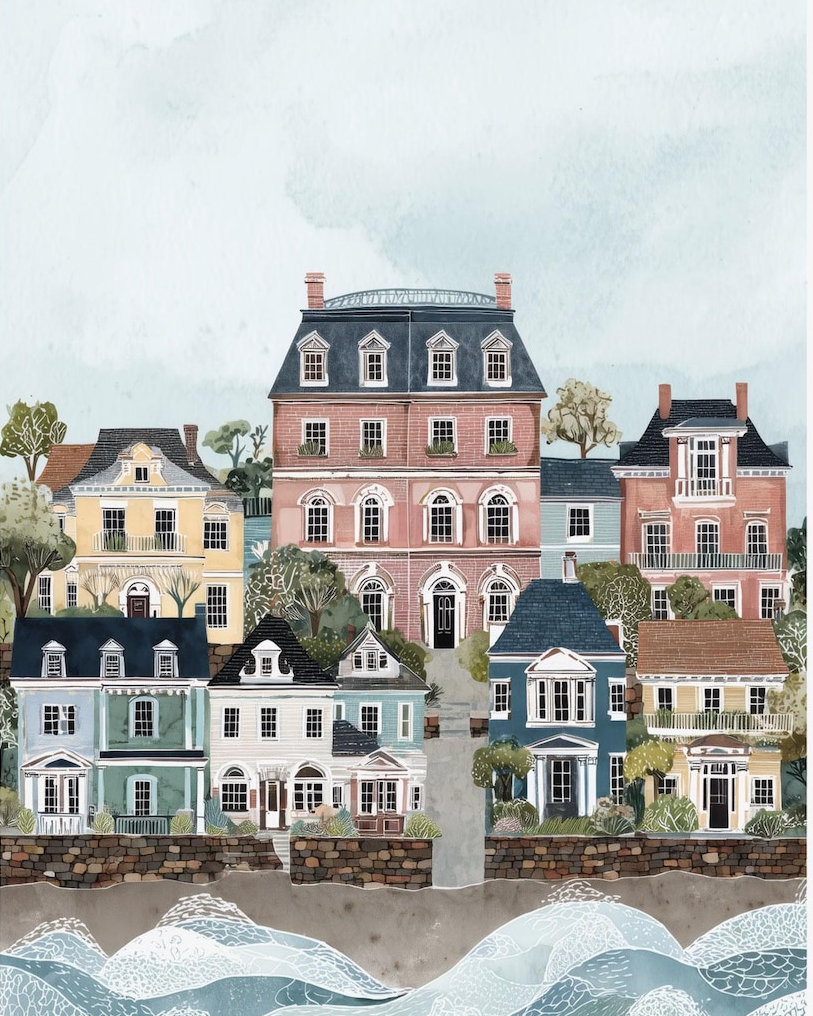Why England Needs Fairer Voting Systems

Politics in England is pretty boring, because it’s always the same few political parties. That’s because unlike most countries in Europe, we still use a ‘first-past-the-post’ voting system. This ensures that fringe (new) parties can never get a foot in the door, and stops any real change happening.
In mainland Europe, Greens for instance are often part of Cabinets in power-sharing (the same happens in Australia and New Zealand). And even ‘tiny parties’ like one Party for the Animals in The Netherlands, managed to elect a few MPs, which led to sweeping legislation in parliament.
So how do we bring in fairer voting systems? It’s very difficult, because the only people who can really make those changes, are the ones in government. And once they get a majority, they don’t want things to change!
Fairer voting systems would also encourage better quality MPs (not just ones who studied politics, worked as interns, then took over the seats when said MPs retired).
For now, register to vote (ask to opt out of the open register, so your name is not sold on). And write to your MP on issues that affect you: they work for you!
What Is The Fairest Voting System?
Electoral Reform Society recommends Single Transferable Vote as the best system (used in Ireland, which has many independent MPs).
The argument given for first-past-the-post is that it maintains strong constituency links (nonsense considering many MPs are ‘flown in’ to fight seats where they don’t live – Nigel Farage did not grow up in Clacton-on-Sea).
Unlike most PR systems, STV maintains strong constituency links, which is also good to reduce the risk of extremist MPs being elected.
It also states that the present voting system means present MPs hold onto ‘one safe seat’ often for decades, and that’s why it’s more difficult to get more independent MPs elected. Under the present system, few seats change hands, unless someone is retiring or dies.
Which Parties Support Fairer Voting Systems?
Just like in the USA, we have two main parties forever and ever, because neither want fairer voting systems, so they can stay in power. We all know that if had some version of PR, then Lib Dems, Greens (and Reform) would gain more seats, and the big two parties don’t want that.
But now things seem to changing. Reform UK is ahead in the polls, Lib Dems and Greens have both overtaken Labour, and the Conservatives appear to be finished. For the first time in (perhaps ever!) we are now a multi-party system).
Both the previous Conservative and Labour governments of recent years have won landslide victories, despite most people not having voted for them. And the same would happen if Reform UK won the projected 381 seats at the next election (with over 60% of people not wanting them to be the government).
All the smaller parties unsurprisingly support PR, as they never get the seats they should, due to the antiquated voting system. Andy Burnham (the mayor of Manchester) is one of the Labour top dogs who says we need to replace our voting system with PR, because keeping it has led the Tories to rule over England for most of the last century, despite not winning the most votes.
Yet Sir Keir Starmer has said changing the voting system is not a priority for him. It likely won’t be, as he is almost certain to be booted out, before the end of his term as Prime Minister. How a government could make such a fudge-up of a massive majority in such a short time, is anyone’s guess.






